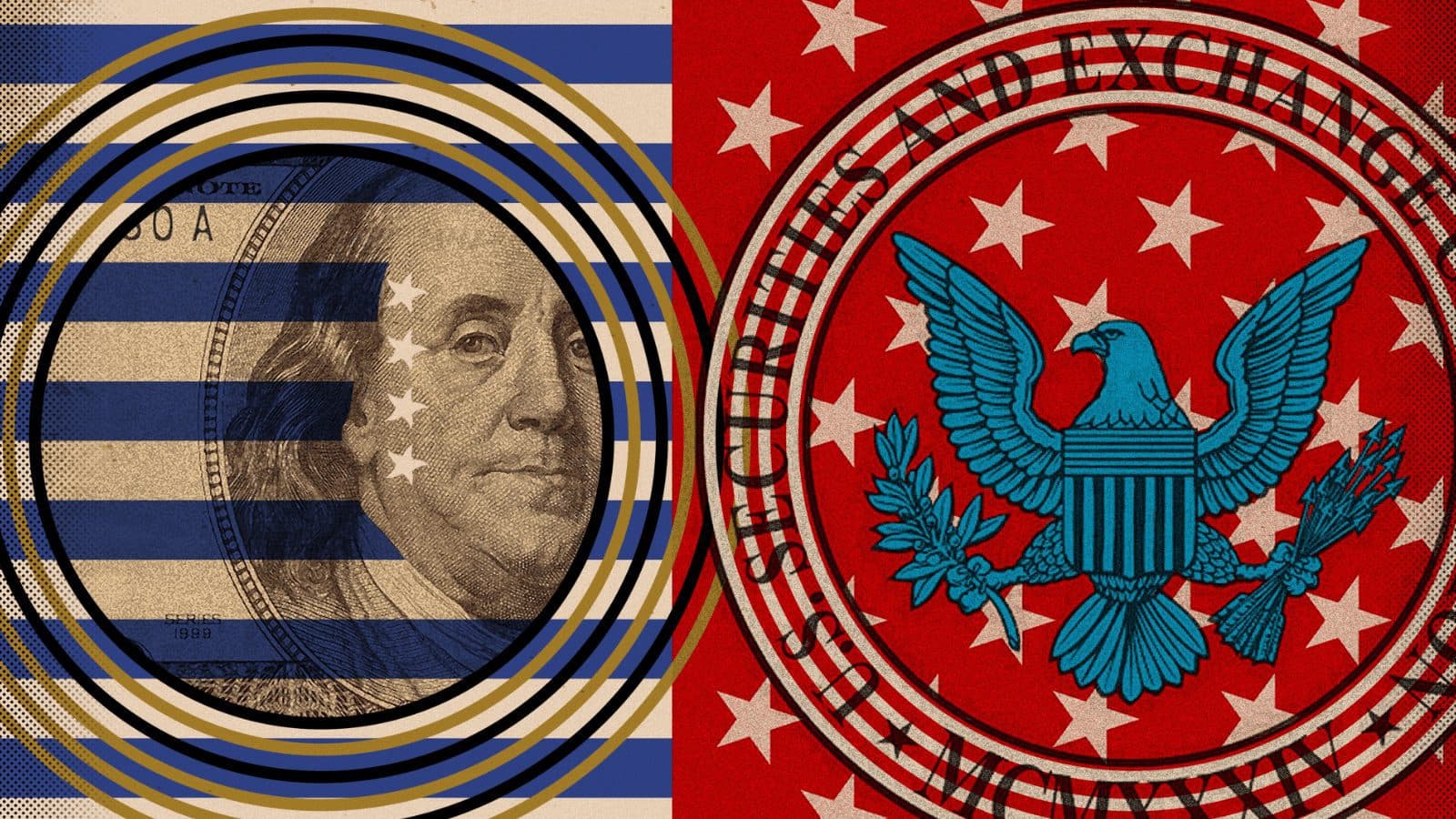Americans Understand Crypto Risks, but Not Regulations, Survey Finds
35% of respondents are unaware that bank laws don’t apply to the segment, according to Independent Community Bankers of America survey

Blockworks exclusive art by axel rangel
- More than half of respondents say a US CBDC would increase risks to privacy and security
- Survey was published the same day the White House released its first crypto framework
As the federal government continues mulling how to best regulate crypto, a recent poll found that 55% of those surveyed said traditional banking regulations make them trust the industry more than the digital assets space.
The poll, published Friday by the Independent Community Bankers of America (ICBA), indicated that 71% believe investing in crypto is risky. Thirty-five percent of respondents are unaware that traditional banking sector laws do not apply to the segment.
The survey was released the same day that the White House shared its first “comprehensive framework” for the crypto segment. The report came roughly six months after the Biden Administration’s executive order in March that tasked government agencies with creating a pathway for regulating crypto and identifying the risks and potential for innovation within the space.
Reports so far gathered by President Biden recommend that agencies, such as the SEC and Commodity Futures Trading Commission (CFTC), should “aggressively” look to combat crypto-related crime, according to the framework published Friday.
Some industry watchers told Blockworks Friday that the White House’s framework lacked specifics and leaned too heavily on the message of regulating by enforcement.
The White House’s report said that the May crash of Terra’s algorithmic stablecoin and subsequent insolvencies that wiped out about $600 billion of investor funds highlights the need for more crypto education.
The Financial Literacy Education Commission (FLEC) will lead efforts to help investors understand crypto risks, identify fraudulent practices and learn how to report misconduct.
The ICBA poll also discovered that more than half of those surveyed — including a bipartisan majority — say the establishment of a US central bank digital currency (CBDC) would increase the risk of their personal financial privacy and security being breached.
While the Biden administration believes a CBDC could be beneficial, further research and development on the technology that would support a digital form of the dollar is needed, according to the framework.
“Policymakers should prioritize protecting national security amid catastrophic developments in the crypto markets while collaborating on a comprehensive regulatory framework that utilizes more effective alternatives to a US CBDC — including the FedNow instant payments service,” ICBA President Rebeca Romero Rainey said in a statement.
The ICBA poll was conducted by Morning Consult last month and surveyed roughly 2,000 registered voters.
Get the news in your inbox. Explore Blockworks newsletters:
- The Breakdown: Decoding crypto and the markets. Daily.
- 0xResearch: Alpha in your inbox. Think like an analyst.






